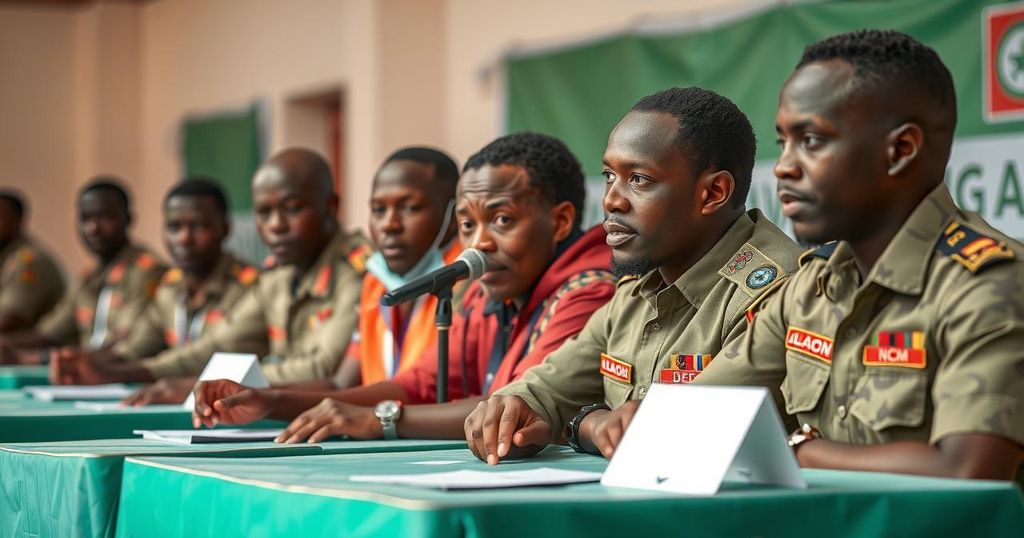Chad conducted a general election after three years of military rule, with low voter turnout attributed to an opposition boycott. Preliminary reports suggested only 38 percent participation, as many citizens expressed doubts about the legitimacy of the electoral process and its outcomes. Despite the government’s efforts to promote the election as a democratic transition, skepticism looms over the effectiveness of governance in the country.
Chad held a general election on Sunday, aimed at transitioning from military rule after three years. The turnout was notably low, with preliminary figures reporting only 38 percent participation, as opposition groups had called for a boycott, arguing the elections were predetermined. Opposition leader Succes Masra asserted that most citizens heeded their call to abstain from voting. Amid these circumstances, President Mahamat Idriss Deby Itno encouraged citizens to participate and cast their votes on what he described as a pivotal day.
In the lead-up to the election, several concerns emerged regarding the legitimacy of the electoral process. Masra expressed skepticism about the authenticity of the results, stating, “The fabricated results are already in the computers.” Conversely, some voters remained optimistic, hoping for positive change despite widespread skepticism about the effectiveness of their votes. The election process took place with heightened tension, including allegations of ballot theft made by opposition parties.
Polling stations, which will remain operational until 6:00 PM, are being observed by foreign election monitors amidst ongoing security threats from groups like Boko Haram. Deby came to power in 2021 following the death of his father, who had led the nation for three decades. As the government positions these elections as vital to the country’s democratic transition, a cloud of doubt hangs over the process, with many citizens uncertain about their political future.
Chad has been under military rule since 2021, following the death of long-time leader Idriss Deby. In the face of widespread discontent and opposition movements, the government has organized general elections as a means to transition towards democracy and establish a new parliamentary structure. However, opposition parties have accused the ruling party of manipulating the electoral process, contributing to a largely boycotted election marked by allegations of malpractice and voter apathy that reflect the citizens’ lack of faith in the political system.
In summary, Chad’s general election has unfolded amid significant challenges, including low voter turnout due to widespread opposition boycotts and skepticism regarding the legitimacy of the electoral process. While the government views these elections as a critical step toward democracy, dissatisfaction and concern among citizens raise questions about political reform and representation in Chad’s future. The consequences of these elections may have lasting implications for the stability and governance of the nation.
Original Source: www.rfi.fr






